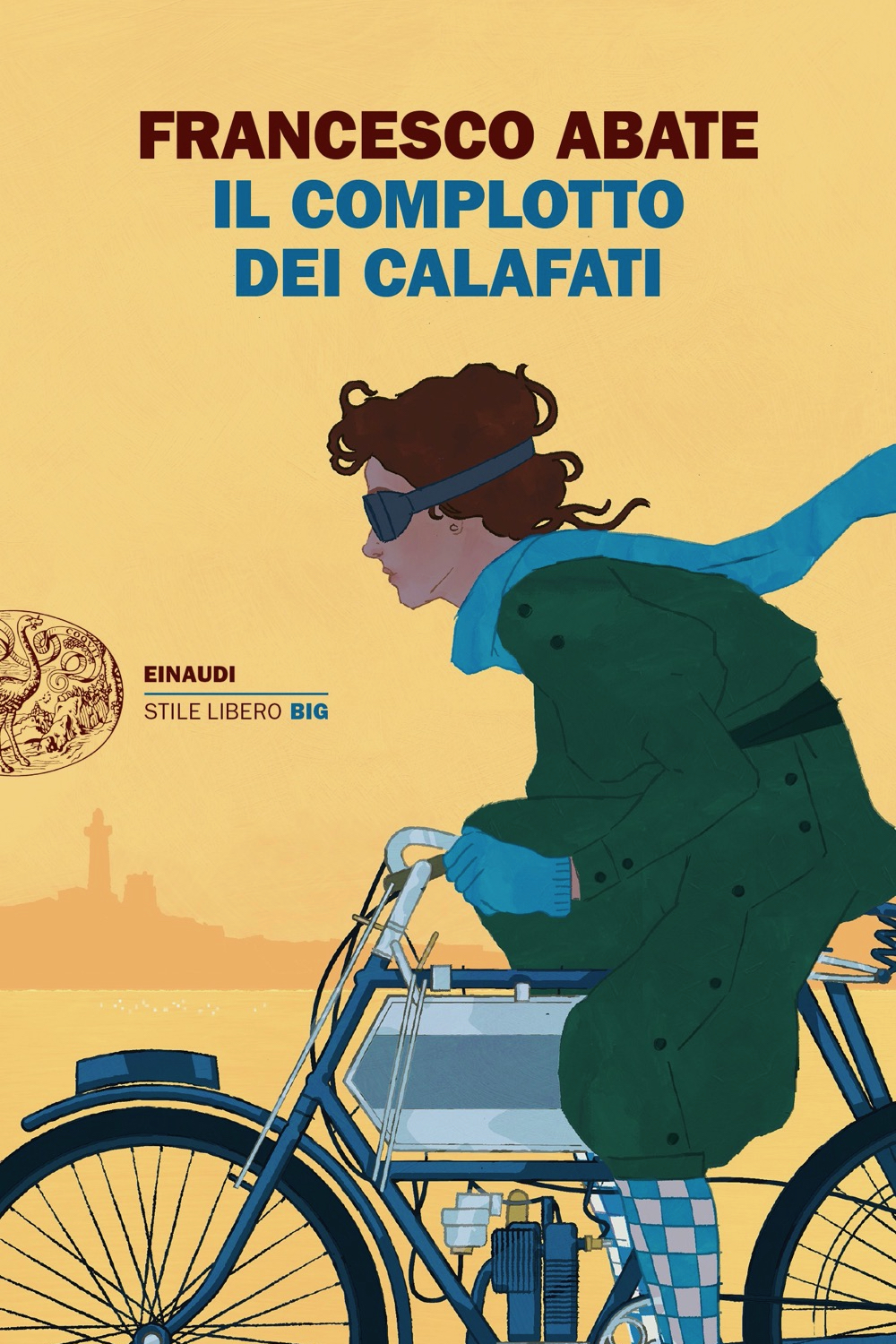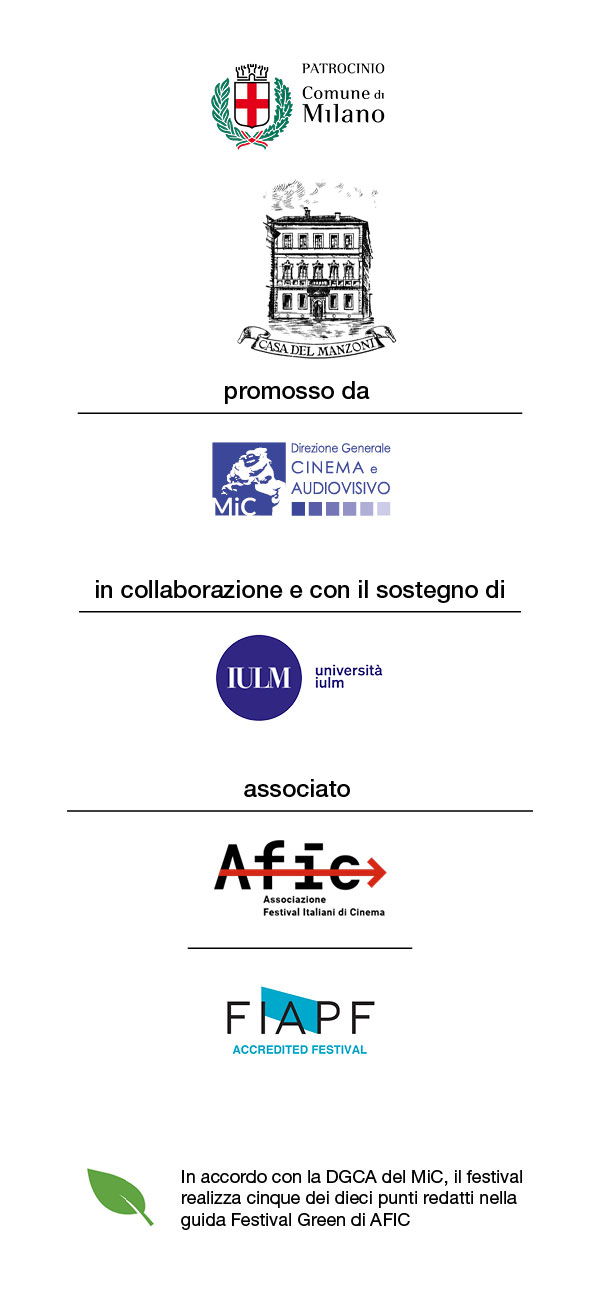
1905: A sumptuous gala charity event has brought together all the wealthy residents of Cagliari as as a fund-raiser for earthquake victims in Calabria. Clara, the granddaughter of the island’s most important shipowner, is on the guest list, aiming to meet a functionary from the Italian embassy on his return from China, a figure who might have news of her father, gone missing in the Boxer Rebellion. Other guests include the scandal-shrouded Cabras barons, who, on leaving the gala, are assaulted and killed. It looks like a political murder : the baron was hated for governing his many workers with an iron hand. Why, then, would his chauffeur be killed as well? Always eager to assist the weaker members of society, and worried as well about the fate of the young nephew of the barons, whom she feels sympathetic to (and possibly something more), Clara can’t help taking part in the investigation. In the exotic atmosphere of Cagliari over a hundred years ago, with its Punic-era necropolis, its port, its Chinese community in the Marina, and the local mobsters, Clara will uncover a startling truth.
Francesco Abate made his literary debut with Mister Dabolina (Castelvecchi, 1998). He followed that up with Il cattivo cronista (Il Maestrale, 2003), Ultima di campionato, from a story that won the Solinas Award (Il Maestrale, 2004 / Frassinelli 2006), Getsemani (Frassinelli, 2006), and I ragazzi di città (Il Maestrale, 2007). Einaudi would publish his novels Mi fido di te (Stile libero 2007 and Super ET 2015), co-written with Massimo Carlotto; Cosí si dice (2008), Chiedo scusa (co-written with Saverio Mastrofranco, Stile libero 2010 and Super ET 2012 and 2017), Un posto anche per me (2013), Mia madre e altre catastrofi (2016), Torpedone trapiantati (2018), and I delitti della salina (2020). Abate is one of the authors included in the charity anthology Sei per la Sardegna (Einaudi 2014, the others being Alessandro De Roma, Marcello Fois, Salvatore Mannuzzu, Michela Murgia, and Paola Soriga).


